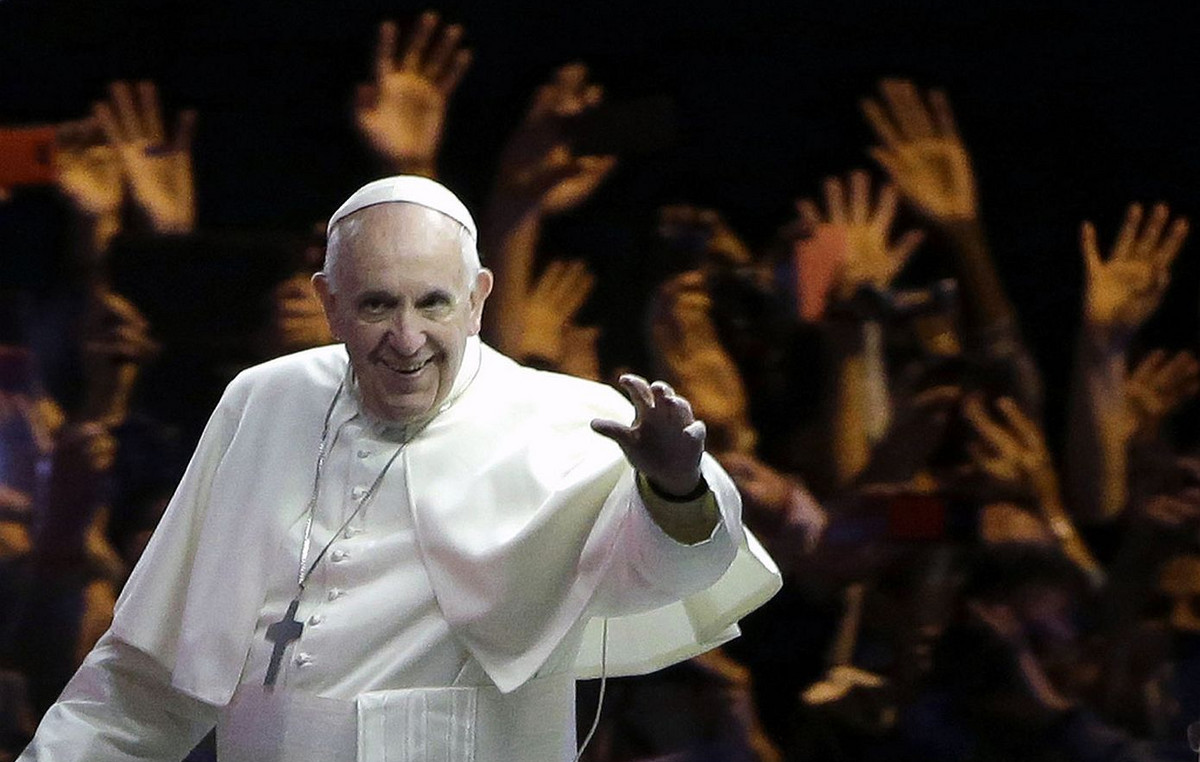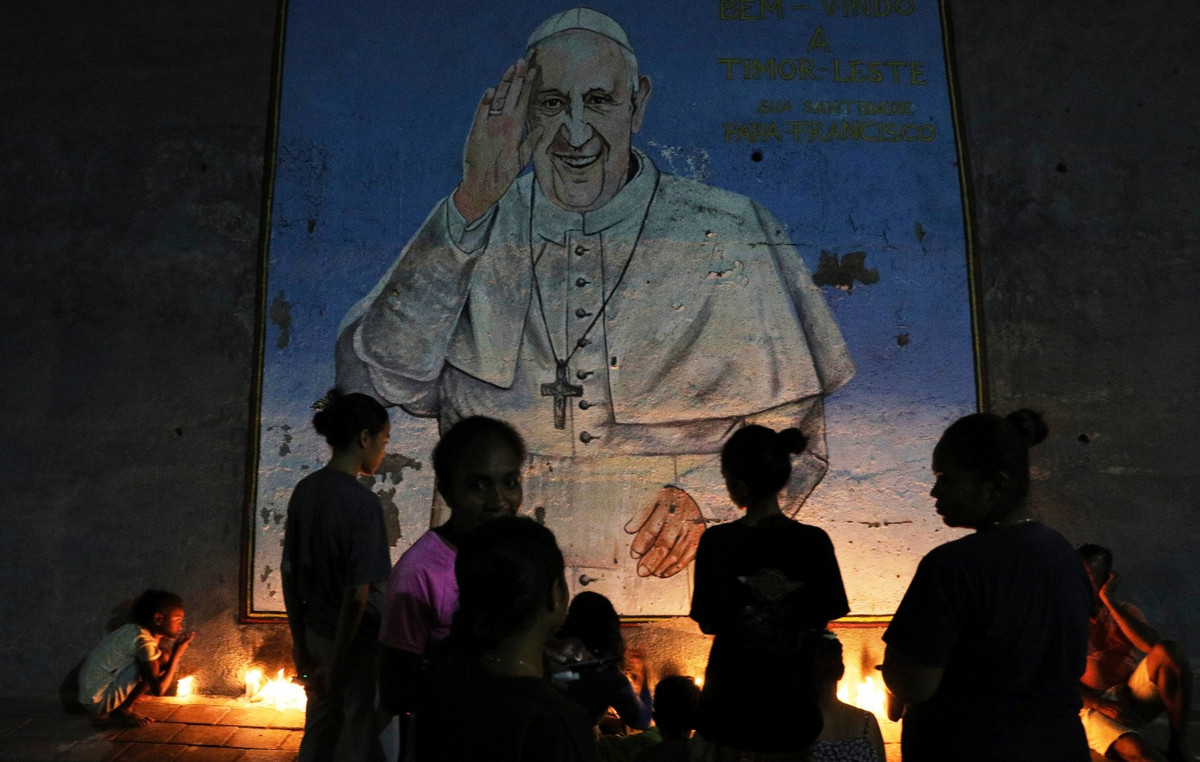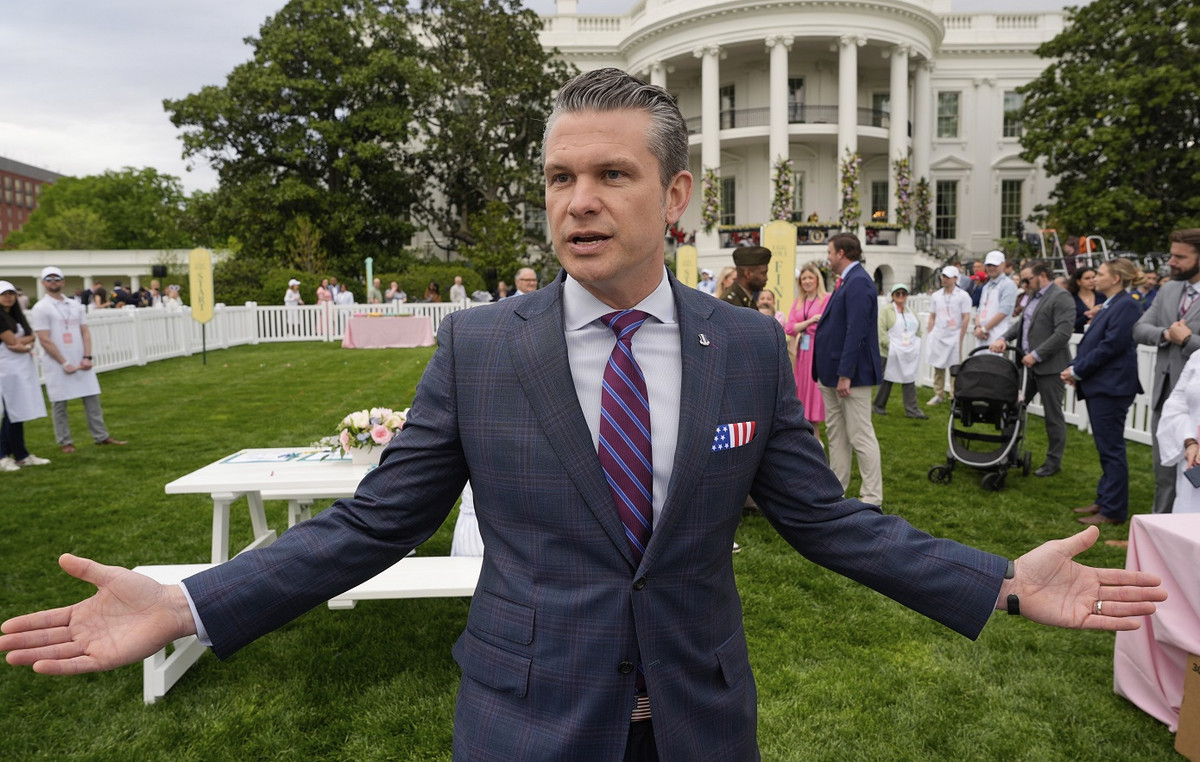Receiving a cancer diagnosis is not easy . Countless thoughts can come to mind, reflecting uncertainty about the treatment and, mainly, fear about the future, which can generate anxiety and make the process of accepting the disease even more delicate. However, there are some practical ways to make this moment a little lighter .
“A cancer diagnosis will always bring uncertainty to the patient. So, one of the ways to try to alleviate this feeling a little is to formulate a plan and give perspective on what will happen ahead. This brings a lot of peace of mind, because one of the main causes of anxiety is not just the fear of the diagnosis, it is the fear of not knowing what will happen”, says Daniela Rosa, clinical oncologist and member of the board of directors of SBOC (Brazilian Society of Oncology Clinic).
This strategic plan covers both medical issues, treatment stages and specific day-to-day care, and psychological and personal issues.
See below some measures that can help deal with a cancer diagnosis and reduce anxiety about treating the disease.
Start by validating and respecting your emotions
It is natural to feel fear and anxiety when faced with a cancer diagnosis and this feeling must be respected, both by people around and by the person who received the diagnosis. Not blaming yourself and allowing yourself to feel these emotions is an important first step. But you need to be careful not to get attached to these emotions. Just feel and let go.
“Fear is a natural reaction to uncertainty and threat to life and it is important to allow yourself to feel and express this emotion. However, it is equally important not to let yourself be dominated by fear”, advises psychotherapist Thiago Guimarães, specialized at the Jungian Institute of Teaching and Research in São Paulo.
“A useful approach is to explore the origins of this fear, identifying which specific aspects of the diagnosis are triggering this emotion. This may involve examining underlying beliefs about illness, death, suffering, among other topics”, adds the specialist.
Rationalize the situation
When you are able to understand your emotions and, at a minimum, their origins, it is important to also try to rationalize the situation.
“A simple tip is to think about how it would be possible to help a friend who received the same diagnosis”, suggests Larissa Fonseca, a psychologist specializing in anxiety, panic attacks, burnout and sleep.
“Evaluating what can be done from now on is also an important attitude that will add rational processing”, he adds.
Seek reliable information about cancer
One of the ways to rationally face a cancer diagnosis and reduce anxiety is by getting information from reliable sources. To this end, it is essential not to be afraid to ask any questions you may have to the healthcare professional providing the service, in addition to seeking other specialized references.
“The patient can and should ask the healthcare team where to look for reliable information. There is a lot of misinformation, the famous fake news. Cancer is still a hotly debated subject and there are prejudices based on old data about the disease and cancer treatment and this must be demystified. And the best way to do this is to look for reliable sources of information”, highlights oncologist Daniela.
These sources of information can be government websites, such as the Ministry of Health, oncology institutions and NGOs (Non-Governmental Organizations), in addition to the healthcare team that cares for the patient.
Count on the support of family and friends
Having a support network is essential to remain strong after diagnosis and throughout the treatment. At first, it can be challenging and delicate to break the news to family and friends, but it is necessary to be honest about what is happening.
“It is important to choose the right moment and a calm environment for the conversation. It is essential to be honest about the situation, sharing information clearly and objectively, but also demonstrating empathy and availability to answer family members' questions and concerns”, says psychotherapist Thiago.
Open and sincere communication with family and close friends is essential so that everyone can face the situation in a strong and united way.
“If possible, take your family member to a medical appointment to discuss the matter in a practical way and under the guidance of a healthcare professional. The psychologist can also help in this process with the family”, adds Larissa.
Seek patient-specific support groups and individual therapy
In addition to family members, it is interesting to look for specific support groups for cancer patients.
“Participation in support groups offers a network of understanding and social activities strengthen interpersonal connections, which are important for emotional support”, explains the psychologist.
Individual therapy is also an option in this process, as it offers specific and individualized tools to address negative thought patterns and promote a mindset away from negativity when faced with the challenges of cancer, as Larissa explains.
Maintain self-care habits
Last but not least, it is essential to maintain a self-care routine. This includes everything from maintaining activities that are enjoyable, such as hobbies, going to the mall, the cinema, concerts, outings and traveling, to maintaining a physical activity routine (respecting one's own limits) and a healthy diet.
“Several studies have already shown the importance of physical activity before, during and after cancer treatment, both to reduce the risk of getting cancer, to reduce the risk of having adverse effects of the treatment and to reduce the risk of recurrence. [células cancerosas que podem permanecer despercebidas no corpo por anos após o tratamento] of cancer”, says Daniela.
This package also includes relaxation practices such as meditation, deep breathing and yoga. Maintaining good quality sleep is another fundamental measure.
“Practicing relaxation techniques, such as meditation, deep breathing or yoga, can also help calm the mind and reduce anxiety”, concludes Thiago.
Source: CNN Brasil
I am an experienced journalist and writer with a career in the news industry. My focus is on covering Top News stories for World Stock Market, where I provide comprehensive analysis and commentary on markets around the world. I have expertise in writing both long-form articles and shorter pieces that deliver timely, relevant updates to readers.







